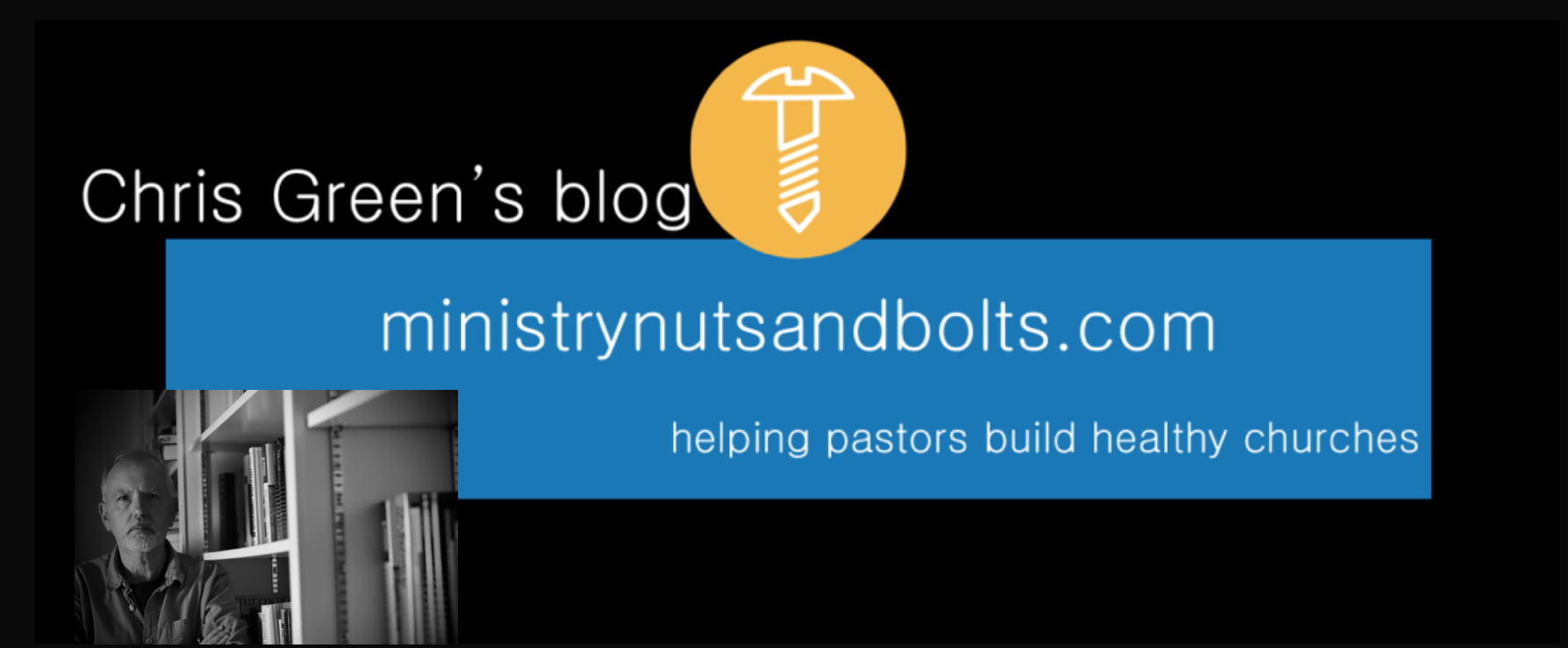It’s the time of year when churches have their Annual Meetings, looking back, looking forwards, and making sure that everything’s legally neat and tidy.

I’m sure I’m not the only pastor who dreads them. I’ve seen a number of such Meetings go horribly wrong, hijacked by silly side-issues, falling apart in blazing rows, or just quietly managing decline. And I’ve heard about so many others even worse that I know it’s a pattern.
So apart from praying (which you’ll do) and preparing (which you’ll do), how can you navigate these turbulent waters?
Don’t be defensive
I think this is #1, and the critical issue to get right.
It’s really hard to stay cool when we are being asked lots of questions, but I have seen too many leaders react to questions as if they were meant in a hostile way, and then get angry (or at least irritated), and shut down genuine discussion. Pray hard, talk to your co-leaders, and think about how you react in advance. Watch your reactions on the night too, and own up in advance if you’re getting irritated.
Perhaps the best bit of advice is to share the spotlight – make sure there are other people on the platform with you, and defer answering as many questions as possible to them.
Do allow people to ask questions
Don’t be controlling
People can smell when elections are rigged, questions are shut down, and voices are silenced. Be warned – you can get away with it for a season or two, but down the tracks it will come back to bite you, and with force.
Do allow genuine decisions.
Don’t be naive
Your church will have rules about elections, who can stand, and things like that. You need to know those rules, or have someone on hand who does. At the very least you want to make sure that what you are doing is valid (I was recently in a meeting where the chairman knew for hours that we didn’t have enough people present for a legal decision, but still let it go ahead only to announce at the end that the whole evening had been invalid. Don’t be that person). But you also want to be ready for the trouble-maker who likes to point out that you’ve misread the rules and not chaired it properly. Remember, too, that those bylaws are there for your protection, too.
Do allow the rules to work
Don’t be ignorant
There will be questions on finances – especially if you’re reporting a deficit. So make sure the treasurer is on hand with the figures, and you have your pastor’s hat on as well.
We always try to make sure that the accounts come in two forms – the full set that accountants can read and ask questions about, and an amateur set that everyone else can read and ask questions about. It’s more work, but really helps the mood of the meeting if you allow basic questions as well as sophisticated ones, and that everyone knows what they are voting to approve.
Do allow the right people to answer the questions
Don’t be secular
You have good things to report – so praise and sing! You have hard decisions to make – so pray! Don’t let the fact that you have bylaws to keep mean that God is left out of the equations.
In my denomination people have a careless habit of talking about an Annual General Meeting, as if they were shareholders and the church council were the Board, with the pastor as the CEO. Get people out of that mindset as quickly as you can.
Do be Christian
Don’t be boring
Yes you’ll have reports, accounts and all that sort of stuff But you have plans, and ideas, and hopes. So lift horizons and let people see where you’re heading together.
Do be visionary!
And finally, DO think about the context
There’s an increasing pattern I’m seeing of putting the Annual Meeting in, or alongside, a service. I’m really not persuaded about that. I’m sure that the thinking is to make sure lots of people are there, that it’s spiritual rather than business, and so forth. But I fear that it tends to discourage people asking proper questions and holding the church’s leadership to account. And that, once again, will come back to bite us.
It is essential we put things in a church rather than a business meeting, but do allow the business of the meeting to be done.
What else have you found important? Pile in!
Want to be in the loop? You know the drill.






Great insights Chris, thank you. When it comes to elections prepare people properly for them. You can find advice on how to do that in PCC Tonight (CPAS).
I think setting the meeting within a context of a Vision Sunday or the like really helps. It moves it from being a bit of admin which needs to be got out of the way, to an opportunity for thanksgiving and prayer for all that God has done.
Great post, as always Chris – thanks!
I would add:
‘Don’t make decisions in meetings; instead either initialize or finalize them.’
We have found it helpful in recent years to separate the vision-casting / significant presentations into a Church Update meeting (need a better title) on a midweek evening.
The formal Annual Business Meeting (finance / secretary / building reports) is held on a Sunday evening, shortly after the Evening Service, which helps keep numbers a bit higher and avoids the problem of lack of “business focus”.
Our church keeps annual meetings very brief, uplifting and very simple. We hand out a packet containing ministry reports and a financial statement which is also distributed monthly.
We do not read the reports. The congregation is capable of doing that themselves. We have also found that any church business that would happen to require a vote is done when the issue arises during the year and separate from the annual meeting. We keep the meeting light and uplifting and focus on the vision and praises of the church. We then simply encourage all present to read the reports and seek out a church leader or ministry head if they have specific questions regarding the report. We also encourage open communication during the entire year if people have issues. This eliminates people from holding grudges that they want to air publicly during an annual meeting. We do not field questions from the floor during an annual meeting. We publicly post the names of the various ministries and who heads the ministry and direct questions to those folks or the church leadership. One reason being is that an issue that one person expresses does not necessarily interest or involve the entire congregation. This also eliminates an issue becoming a much larger issue needlessly permeating the entire congregation.
We have had experience in the past where there are some in the congregation who love to “show-boat” and eat church leaders for lunch during Annual meetings which creates a terrible atmosphere for the rest of the congregation and ends up damaging the church body. Since we have adopted the above-described method, we
have avoided all of this and have had no complaints from the congregation.